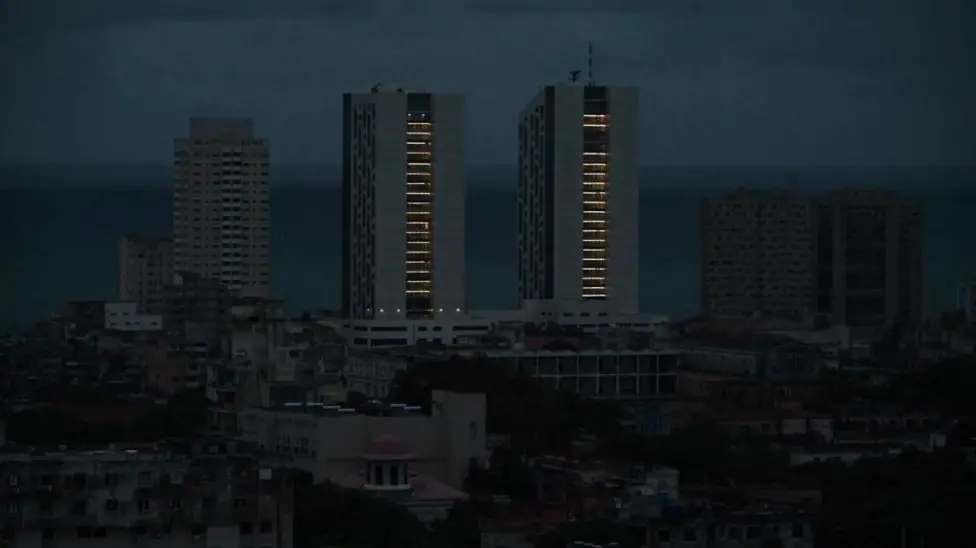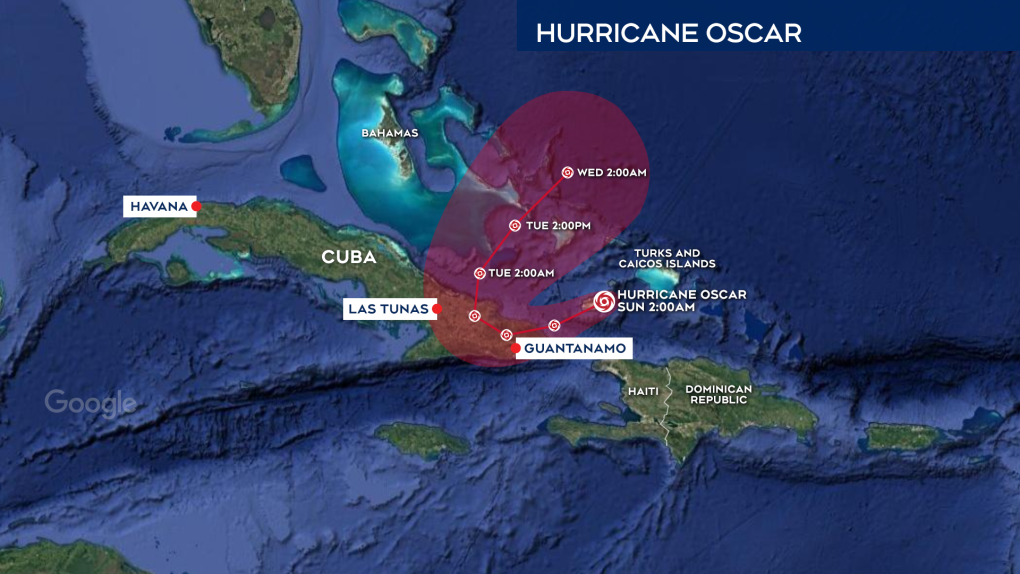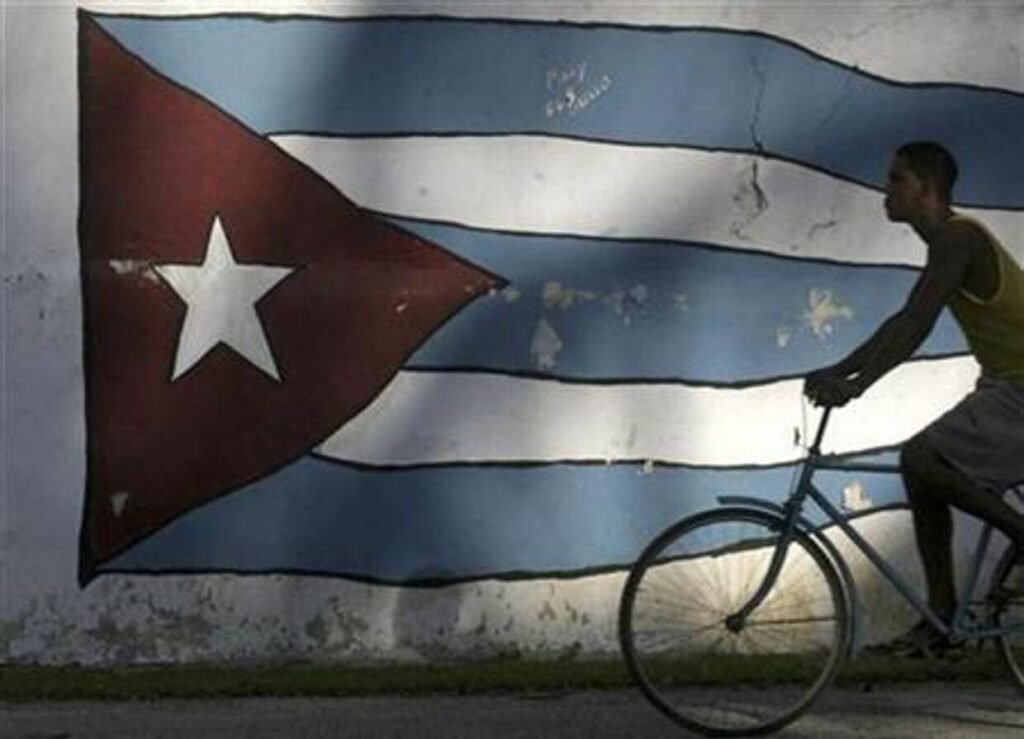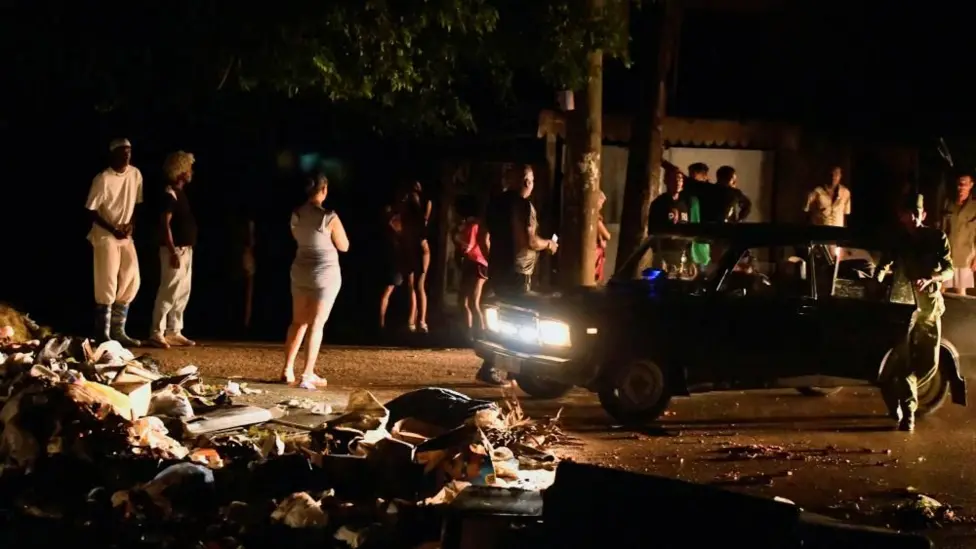
Cuba Faces Mounting Challenges Amid Blackouts and Economic Strain
In recent weeks, Cuba has experienced a severe strain on its already fragile infrastructure. Beginning with a significant power grid failure, the island endured four days of widespread blackouts, a disruption compounded by a subsequent Category One hurricane that battered the eastern province of Guantanamo. The combined impact has left the nation grappling with casualties, infrastructural damage, and a deepening crisis in essential services.
The extensive power outages disrupted access to water for millions as pumping systems ceased operation, forcing residents to rely on local wells and cisterns for daily needs. Basic commodities, already scarce, have surged in price, with the cost of food staples doubling in some areas. This escalation has heightened food insecurity across the island, further straining households dependent on limited state salaries or pensions.
These recent events have brought renewed attention to Cuba’s ongoing economic challenges. The government has struggled to maintain adequate public provisions, and the current crisis has intensified scrutiny of the effectiveness of state-run supply chains and infrastructure. The situation draws parallels to Cuba’s “Special Period” of the 1990s, a time marked by similar scarcities following the Soviet Union’s collapse.
Persistent Challenges Under U.S. Sanctions
The Cuban government has faced mounting difficulties managing these crises, compounded by longstanding U.S. sanctions that restrict the nation’s access to essential resources. Despite limited official responses, analysts highlight that the ongoing sanctions play a significant role in Cuba’s current predicament. U.S. restrictions target not only trade but also logistical channels for critical resources like fuel, severely constraining Cuba’s energy infrastructure and limiting its access to modernized equipment and foreign investments.
For more than a decade, the U.S. has escalated its sanctions policy, implementing measures that effectively block Cuba from securing necessary funds for essential imports, infrastructure, and modernization. The sanctions impact everything from Cuba’s fuel supply to its healthcare capabilities, with far-reaching effects on daily life. U.S. policies such as the Helms-Burton Title III law and Cuba’s designation as a state sponsor of terrorism have diminished the island’s ability to attract foreign investment and access international banking services. Economists estimate that these restrictions cost Cuba billions annually, leaving limited resources for investment in critical infrastructure, such as power grid modernization.

A Fragile Infrastructure and the Struggle for Resilience
Cuba’s energy grid, largely composed of outdated Soviet-era power plants, is a significant vulnerability for the island. Nearly half a century old, these plants suffer from frequent breakdowns, exacerbated by a lack of replacement parts and fuel shortages. Without access to international financial assistance from organizations like the World Bank or IMF, Cuba faces a steep challenge in undertaking necessary upgrades. The fuel shortage has further weakened the grid’s reliability, leaving millions to endure regular outages that disrupt daily life and economic productivity.
The hurricane’s impact has added another layer of difficulty to an already precarious situation. Essential services and basic commodities have become harder to access, while recovery efforts are hindered by limited resources.

Additionally, external events have exacerbated the crisis. Canada, a key source of tourism for Cuba, issued a travel advisory in response to the blackouts, a move that could potentially reduce the nation’s tourism revenue. This reduction in tourism income risks deepening the financial strain and diminishing the government’s capacity to address infrastructure needs.
Calls for Relief and International Assistance
Amid these overlapping crises, international advocacy for easing U.S. sanctions on Cuba has intensified. Cuban rights organizations, U.S.-based advocacy groups, and economic analysts have underscored the impact of sanctions on Cuba’s ability to respond to emergencies and provide for its population.
Calls for humanitarian aid and sanctions relief have become more urgent, with advocates arguing that these measures could provide the resources necessary for Cuba to stabilize its infrastructure and support its citizens more effectively.
Nonetheless, Cuba’s energy challenges remain daunting. Its reliance on outdated technology, combined with limited access to fuel and financial aid, presents significant barriers to improving the country’s stability. The political landscape complicates this situation further, as the U.S. has shown little willingness to lift sanctions, even amid increasing international concern over Cuba’s humanitarian crisis.

With support from traditional allies like Venezuela waning and limited intervention expected from countries like Russia and China, Cuba’s future appears precarious. The island faces a mounting need for infrastructure renewal, humanitarian relief, and economic stability. As Cuba navigates these challenges, the resilience of its people and the effectiveness of its government’s response will continue to be tested.

